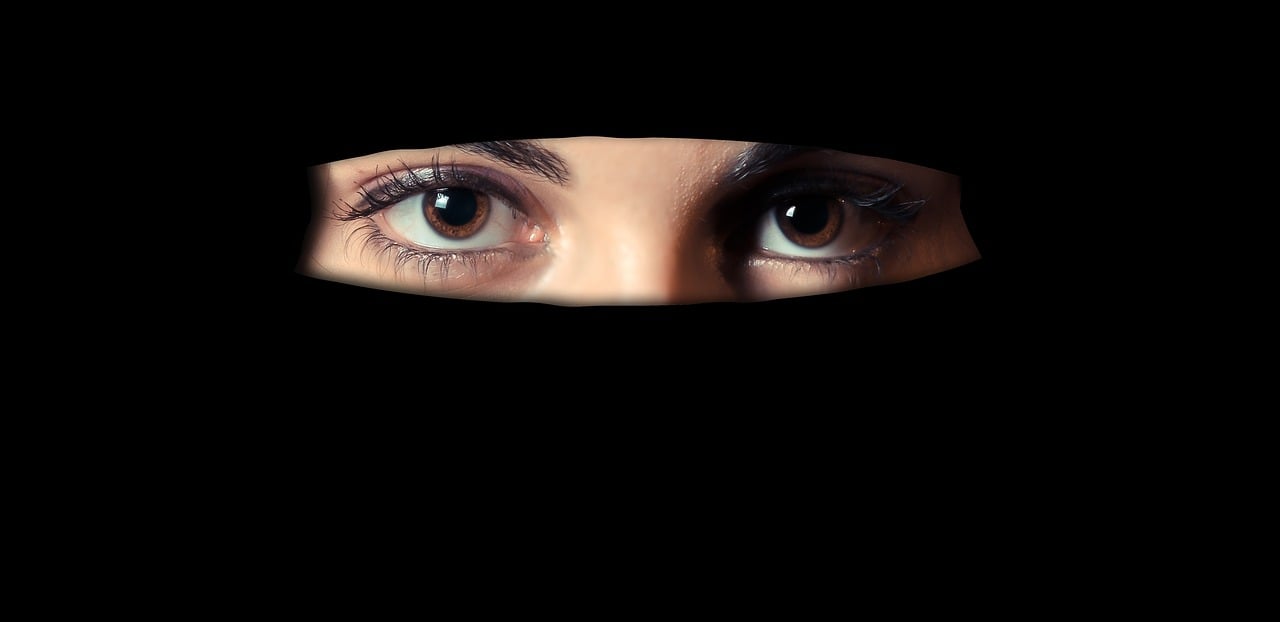
Junts per Catalunya is advocating for a ban on burqas and niqabs in public spaces. Sources from the Independence Party report that this decision was made because they believe these religious garments promote “gender discrimination” and also play a role for “security reasons.” Unlike the hijab or chador, the burqa and niqab completely cover the face, body, and even the hands of Muslim women.
Party sources also explain that they want to ban any form of Islamic veil—both those that cover the entire body and those that do not—especially for minors in education and all extracurricular activities. They demand that girls and young women be protected so that “they are not discriminated against.” They also advocate that these women, upon reaching adulthood, be able to “freely” decide whether or not to wear any type of veil.
They also believe that the use of the so-called “burkini” should be prohibited. These are full-face veils worn by Muslim women in swimming pools or on the beach. They argue that “it is very difficult to know who is affected by an illness, shame, or habit” and therefore advocate that “technical” swimwear should be permitted.
Junts emphasizes that this is a “free” and “political” position that “does not depend on legislation or jurisprudence.” They commit to “proactively” promoting new laws on this issue and encouraging Catalonia’s “juntaires” mayors to issue restrictive ordinances on the veil. They are also considering including this position in their electoral manifestos for the next municipal elections in 2027.
The party states that they consulted with members of the Islamic faith and various institutions beforehand to “make this decision.” They add that their position “does not contradict anyone” but advocates for “respect for human rights, especially those of minors.” Carles Puigdemont’s party cites Kosovo as an example, where wearing veils is already banned in schools, even though more than 90 percent of the population is Muslim.
Junts has taken a position at this time, as the Catalan Parliament is set to vote on a motion by the Aliança Catalana calling for a ban on any type of Islamic veil. The same sources confirm that Junts will vote against this motion because it “spreads hatred” and “speaks of Muslims from a position of hatred.” Furthermore, they believe that the document presented by the far-right group “generates Catalanophobia.” “That’s not how a country is built,” they add, referring to the motion.
Fifteen years ago, in 2010, Catalonia experienced an “anti-veil” wave. Lleida was the first city to ban the wearing of burqas and niqabs in public spaces, followed by a dozen other cities, including El Vendrell and Cunit. In 2011, the Supreme Court of Catalonia (TSJC) ruled to overturn the ban, arguing that it restricted “the exercise of religious freedom” and that city councils lacked the authority to regulate its application.
Furthermore, in a guide to addressing religious diversity in schools, the government at the time recommended that the use of Islamic veils, which cover the entire face, should not be permitted in schools “as they can impair students’ learning and communication.” This affirmed that the hijab could be permitted.



